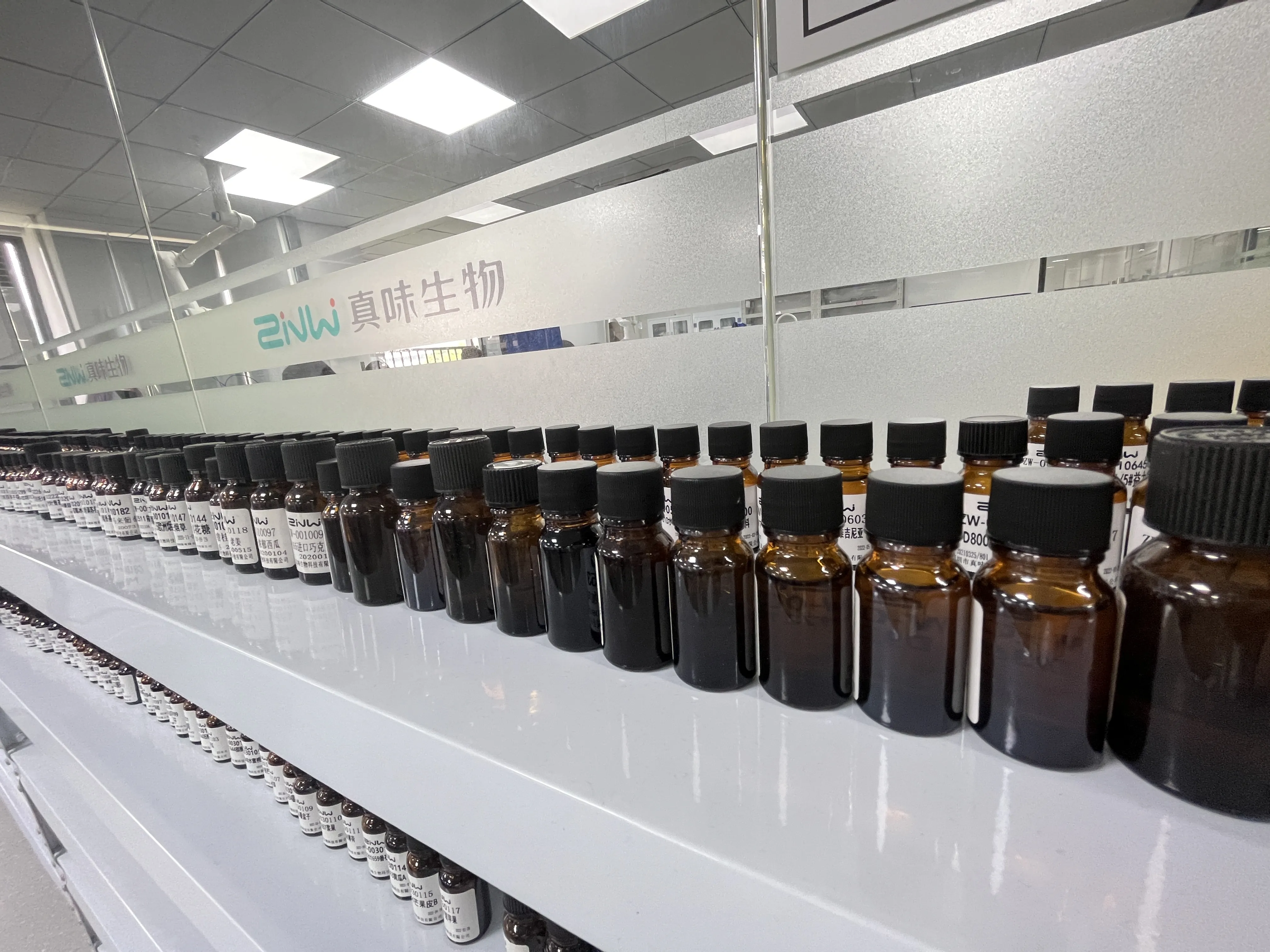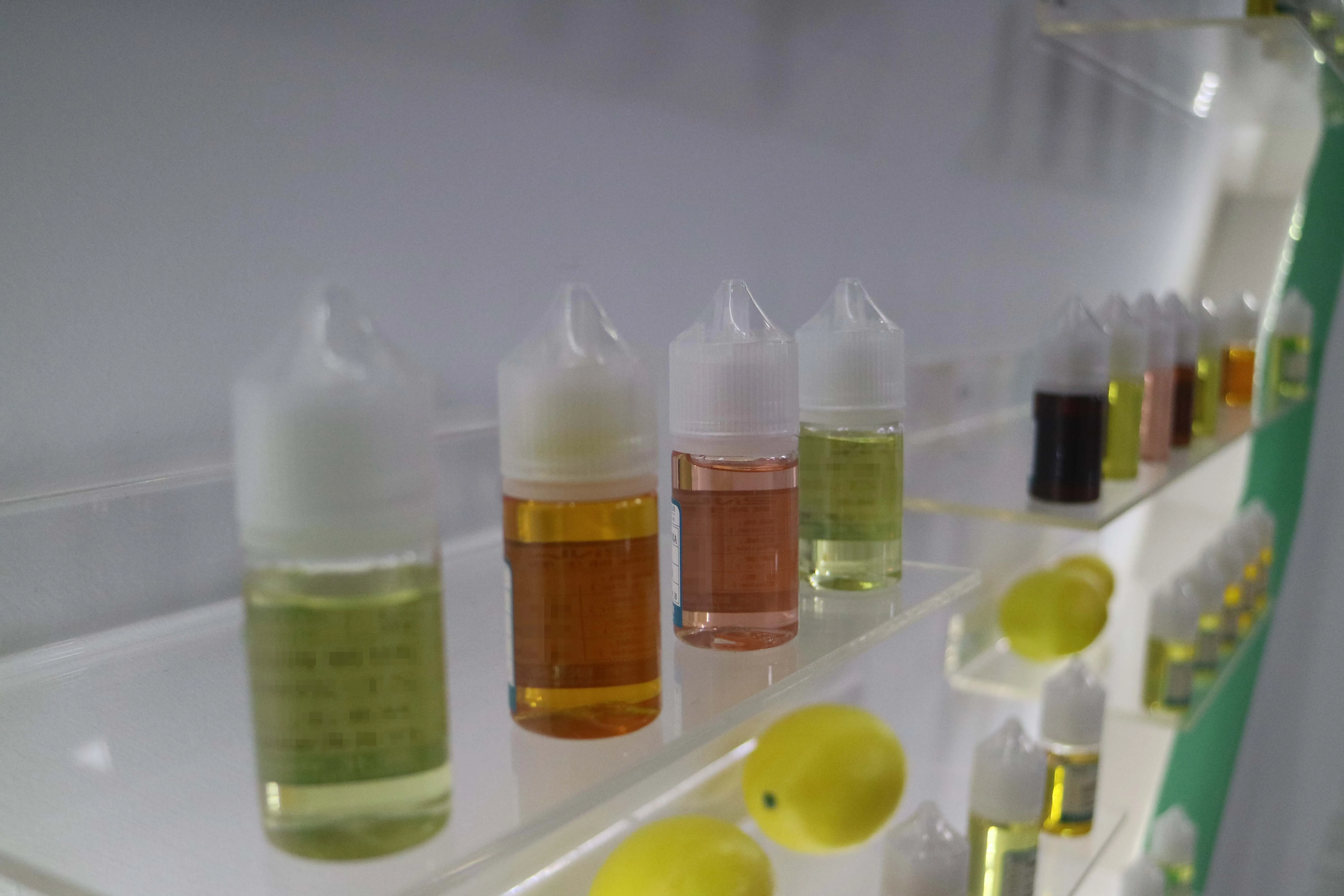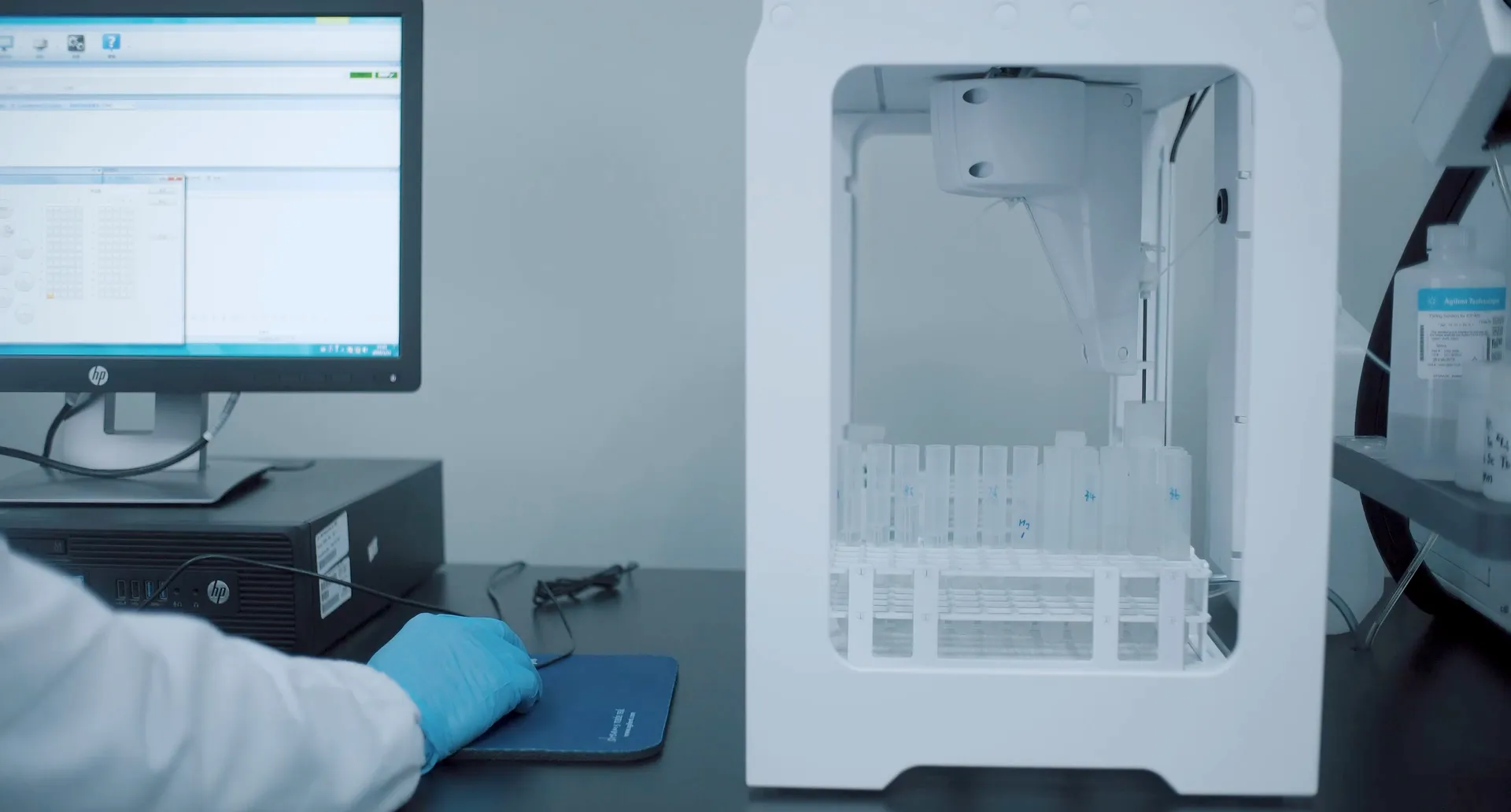
Science Popularization: Glossary of New Tobacco Product Terminology such as E-Cigarettes
What are new tobacco products?
New tobacco products refer to those that contain tobacco or produce smoke and flavor, provide a smoking sensation, satisfy physiological needs, but do not belong to other categories of tobacco products such as cigarettes, roll-your-own cigarettes, pipes, water pipes, cigars, cigarillos, chewing tobacco, snuff, and oral tobacco products. They mainly include e-cigarettes, heated tobacco products (HNB), and others.
What are the characteristics of new tobacco products?
1. They do not require combustion and do not produce tar and carbon monoxide.
2. They contain nicotine, which can satisfy consumers' physiological needs to a certain extent.
There are many terms related to new tobacco products, let's learn them together!

1. NTP
NTP (New Tobacco Products), also known as NGP (New Generation Products), refers to "new tobacco products". Risk reducing products (RRP) is the term used abroad for new tobacco products that are considered low-risk products. Currently, new tobacco products mainly include three categories: e-cigarettes, heat-not-burn tobacco products, and smokeless tobacco products. The first two categories of products produce smoke during the process of smoking, so they are classified as atomized products. Smokeless tobacco products include chewing tobacco and snuff (divided into dry snuff and wet snuff, also known as oral tobacco, mainly existing overseas).
2. HNB
HNB (Heat No Burning Tobacco Products) refers to tobacco products that are heated but not burned. Heating methods mainly include electric heating, carbon heating, physical and chemical reaction heating, and other heat source heating. Carbon heating involves adding a small piece of carbon to the head of the cigarette, which is then lit to generate heat and transfer to the tobacco at the back end, without the need for a cigarette holder. Electric heating involves placing a tobacco-containing cartridge in a device to heat it.
3. eHTP
eHTP (Electrically Heated Tobacco Products) refers to electrically heated tobacco products, which belong to the category of electric heating. It includes e-cigarettes and heat-not-burn cigarettes.

4. ECS
Electronic cigarettes, which are a nicotine electronic transmission (system) product used to produce nicotine-containing aerosols for inhalation by people. This is the official definition of electronic cigarettes in China.
5. ENDS
Electronic Nicotine Delivery Systems, which include electronic cigarettes and heated tobacco products. This is the World Health Organization's unified term for these types of products.
6. NSCs
Nature Smoke Cigarettes, which use anaerobic heating technology and are a type of heated non-combustion technology developed by China National Tobacco Corporation.
7. IQOS
"I quit original smoking" is an abbreviation, which can be translated as "I give up traditional tobacco" or "I quit smoking". IQOS is a representative product of heated tobacco products and is a groundbreaking product in the new tobacco industry. It was developed by Philip Morris International Inc. (PM), a well-known tobacco company.
8. VAPE
VAPE is an acronym for Vapour or Vaporize. Internationally, VAPE is a general term for electronic cigarettes. The term is preferred in the industry as it distinguishes electronic cigarettes from traditional cigarettes. In 2014, VAPE was named the "Word of the Year" by the Oxford Dictionary. Electronic cigarettes are also commonly referred to as electronic vaporizers, vapor cigarettes, or vaporizers. Related terms include VAPING (referring to the act of using electronic cigarettes) and VAPER (referring to all electronic cigarette users, including beginners and experienced users).

9. POD
Translated as "pod", referring to small electronic cigarettes. Small electronic cigarettes are divided into closed, refillable pod systems, closed disposable pod systems, and open refillable tank systems. Currently, small electronic cigarettes have replaced traditional cigarettes as the mainstream product in the market. Examples of small electronic cigarettes include JUUL in the United States and RELX in China.
10. E-liquid
Short for "electronic liquid", e-liquid is the liquid used in electronic cigarettes. Another common term for e-liquid is e-juice. Some people also refer to e-liquid as vaping juice. In accordance with the new national standards for electronic cigarettes in China, the e-liquid available in the domestic market is mainly tobacco flavored, and companies are not allowed to sell e-liquid with other flavors. Requirements for e-liquid may differ in different countries.
11. Nicotine
Nicotine is a compound found in the Solanaceae family of plants, specifically in the tobacco plant. It is also known as tobacco alkaloid and is a major component of tobacco. Nicotine is a representative of N-cholinergic receptor agonists and has effects on N1 and N2 receptors as well as on the central nervous system. Nicotine can cause addiction or dependence, which is what smokers refer to as "nicotine cravings". According to the new national standards for electronic cigarettes in China, e-liquids available in the domestic market must contain a certain amount of nicotine, with a limit of 20mg/g.

12. Nicotine Salts
Nicotine salts are crystals formed by the reaction of freebase nicotine with an organic salt. In use, the crystals are mixed with substances such as propylene glycol, glycerol, and monomer 101 to create a solution. The main function of nicotine salts is to improve the delivery efficiency of nicotine. Currently, nicotine salts are mainly used in small electronic cigarettes. During years of research and development, the team at Zmi Bioscience discovered that different nicotine salts have significant differences in their delivery efficiency and throat hit sensation. Eventually, with their strong scientific research capabilities and abundant development experience, Zmi Bioscience successfully developed ZTouch-J salt. Compared with traditional benzoic acid salts, J-salt has the characteristics of low concentration and high activity, which can increase the release and delivery efficiency of nicotine by an average of 75% and provide a stronger throat hit with higher bioavailability.

We will contact you as soon as possible









